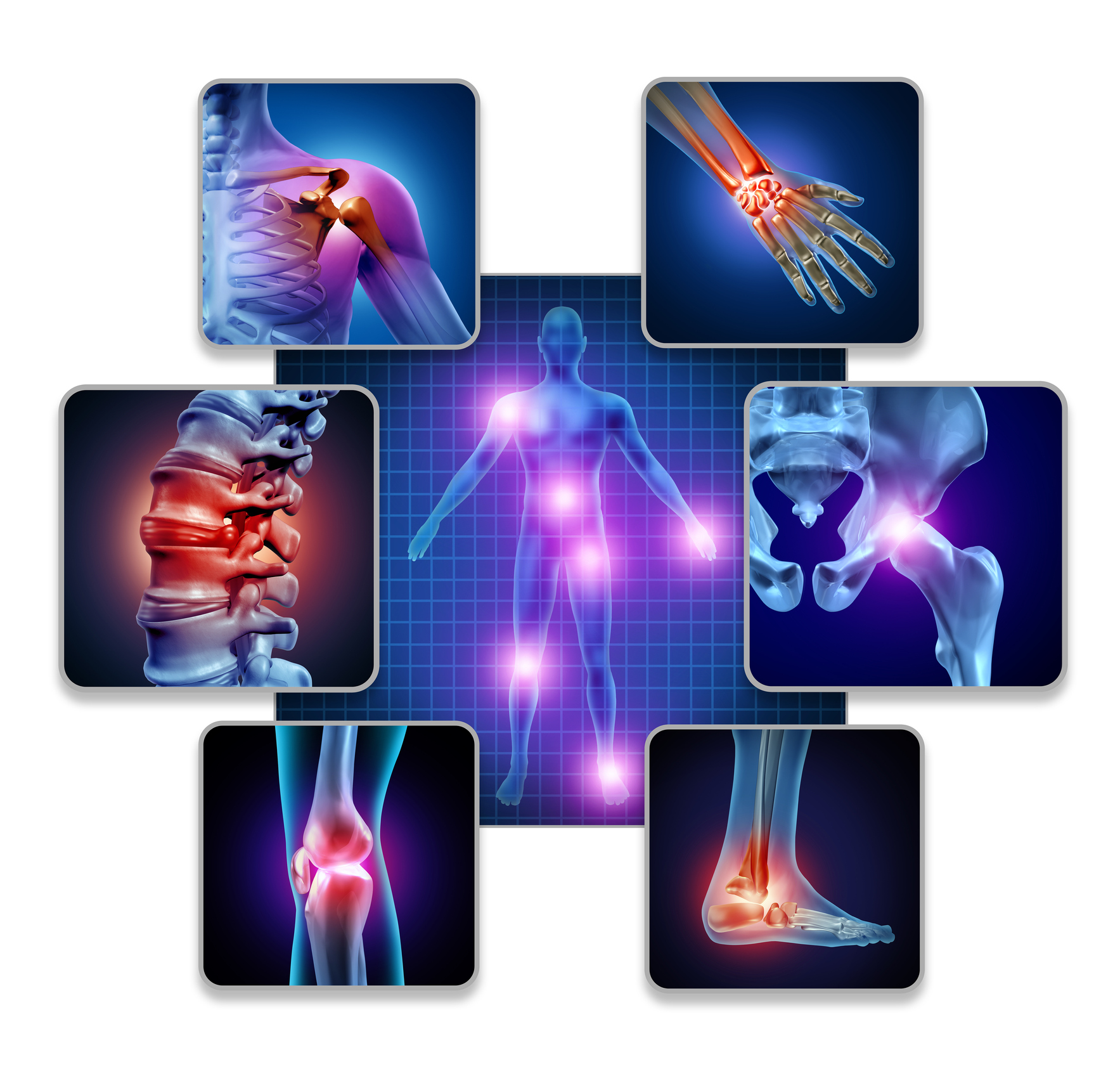Obesity is a chronic disease of epidemic proportions that continues to affect millions of Americans each year. Postmenopausal women are particularly affected by obesity and have higher rates of severe obesity when compared with their male counterparts. The prevalence of obesity in this population is linked to increased morbidity and mortality and promotes the development and progression of numerous obesity-related health conditions. This review examines the epidemiology, pathophysiology, clinical assessment, and treatment of postmenopausal women with obesity.
We have reviewed relevant and up-to-date literature in the MEDLINE database to represent the current understanding of obesity and its effects in this patient population. Articles published between the years 2000 and 2020 were selected for review to represent the most up-to-date evidence on the topic. Search terms used in the PubMed search included women, obesity, menopause, aging, mid-age women, metabolism, weight gain, treatment of obesity, weight loss, bariatric surgery, weight loss medications, diet, physical activity, and behavior modification.
Obesity is a complex, chronic, relapsing disease that requires comprehensive assessment and treatment. Obesity is linked to hormonal, lifestyle, and environmental changes that occur during the menopausal transition, and it increases the risk for cardiometabolic disease. The utilization of appropriate clinical evaluation methods to identify obesity in postmenopausal women, and the implementation of effective lifestyle, pharmacotherapeutic, and surgical interventions, have the propensity to reduce the deleterious effects of obesity in this population.
Video Summary:http://links.lww.com/MENO/A770.
Copyright © 2021 by The North American Menopause Society.
Weight regulation in menopause.


